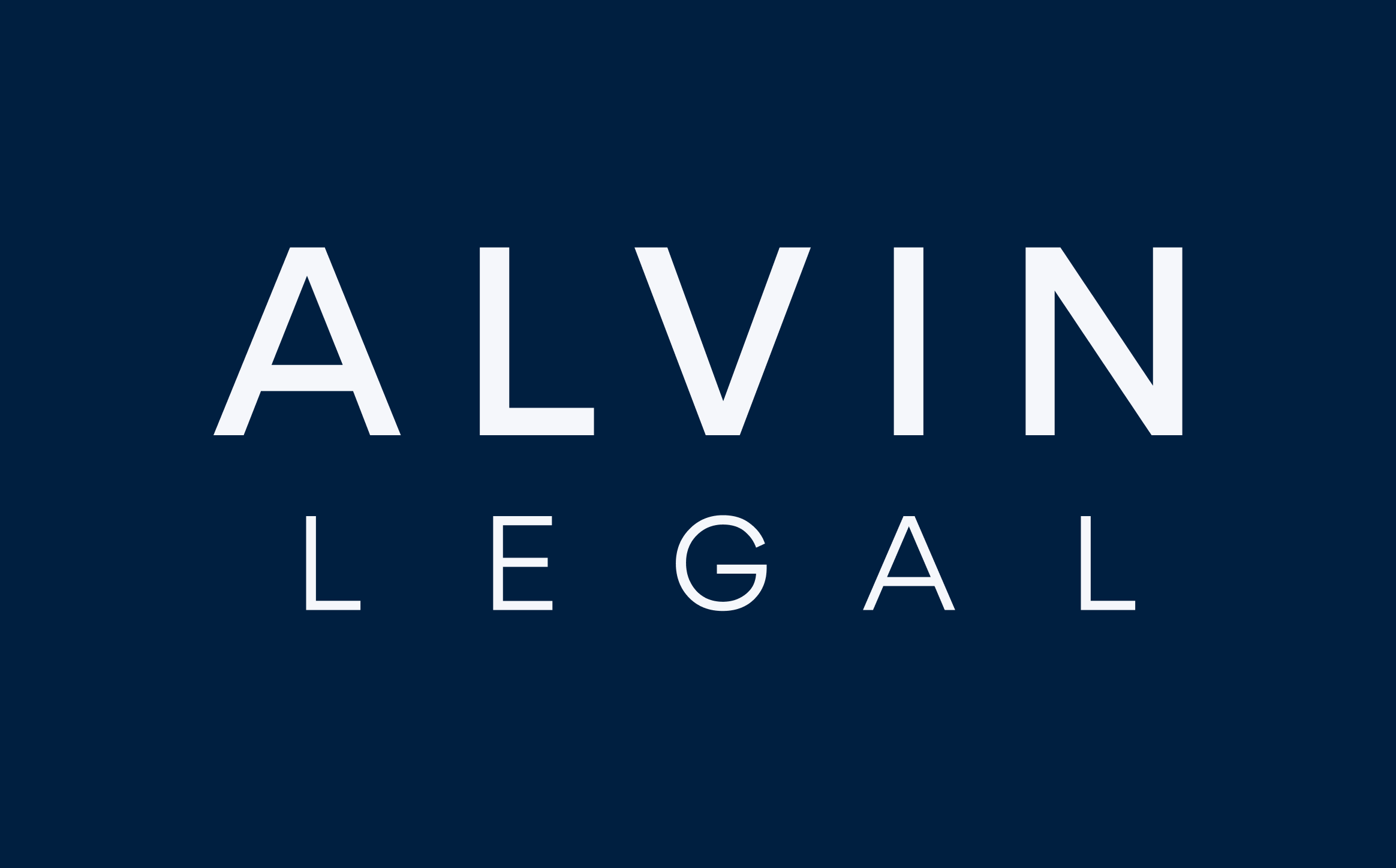
Capital raising for startups
Whether you are raising capital for business or your final round before an IPO, you will proceed with confidence with us. We have advised startups on countless pre-IPO capital raising, and we are ready to assist you.

Want to raise capital for your startups?
Let us help you build your capital raising roadmap and make it as efficient and effective as possible.
We cover all stages of capital raising
- Cap Tables
- Term Sheets
- SAFE Notes
- Share Subscription Agreements
- Option/Warrant Agreements
- Convertible Notes
- Employee Share Schemes

OUR APPROACH
Giving you the right advice to launch, raise & grow faster.
1/Know your business
We speak with you to learn more about your startup.
2/Study the problem
We prepare the cap table for your proposed capital raising.
3/Work with you
We prepare the share subscription agreements and company secretarial documents.
4/Provide actionable advice
We update the ASIC register to reflect the new shareholding.
How we help in Capital Raising
With extensive experience in managing and closing capital raising transactions, we narrow down the key issues quickly, thereby accelerating the process of raising capital for business. We give definitive advice and help our clients assess commercial risk, which is why our clients trust us to raise money for business.

FACTS & STATS
Let’s talk numbers
15+
Years of expertise
in corporate law
250+
Global trade mark rights
currently under management
10+
Startups and scaleups
currently launching, raising and existing with Alvin Legal
Frequently Asked Questions

Launch your startup journey with us.
